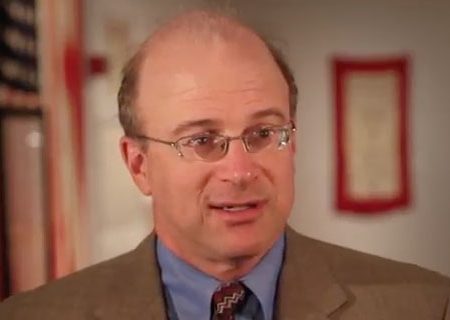
The attack on Pearl Harbor 80 years ago spurred U.S. involvement in World War II, sending the country into a conflict that would change American society in profound ways.
Among the many changes was making the country more tolerant of religious pluralism, said Florida State University Associate Professor of History Kurt Piehler, director of the Institute on World War II and the Human Experience.
Piehler is the author of the recently published book “A Religious History of the American GI in World War II.” He is available to speak to media writing about the anniversary of the attack, U.S. involvement in the war and how the war changed American society:
“As we remember the 80th anniversary of Pearl Harbor, it would be well to reflect on the religious dimension of this conflict. In making the case for intervention, President Franklin D. Roosevelt insisted that not only did Nazi Germany pose a threat to American national security, but also to religious freedom and other fundamental human rights.
America’s military embrace of religious pluralism stood in sharp contrast with those of our enemies. The 15 million men and women who had served together formed friendships that crossed narrow sectarian lines. When they came home many brought these sensibilities back home after V-J Day contributing to making America a more tolerant society. It is one of the enduring legacies of the war and gives credence to Roosevelt’s declaring freedom of religion as one of the essential rights that America fought to preserve.”
For media interviews, Piehler can be reached at (850) 644-9541 or kpiehler@fsu.edu.




